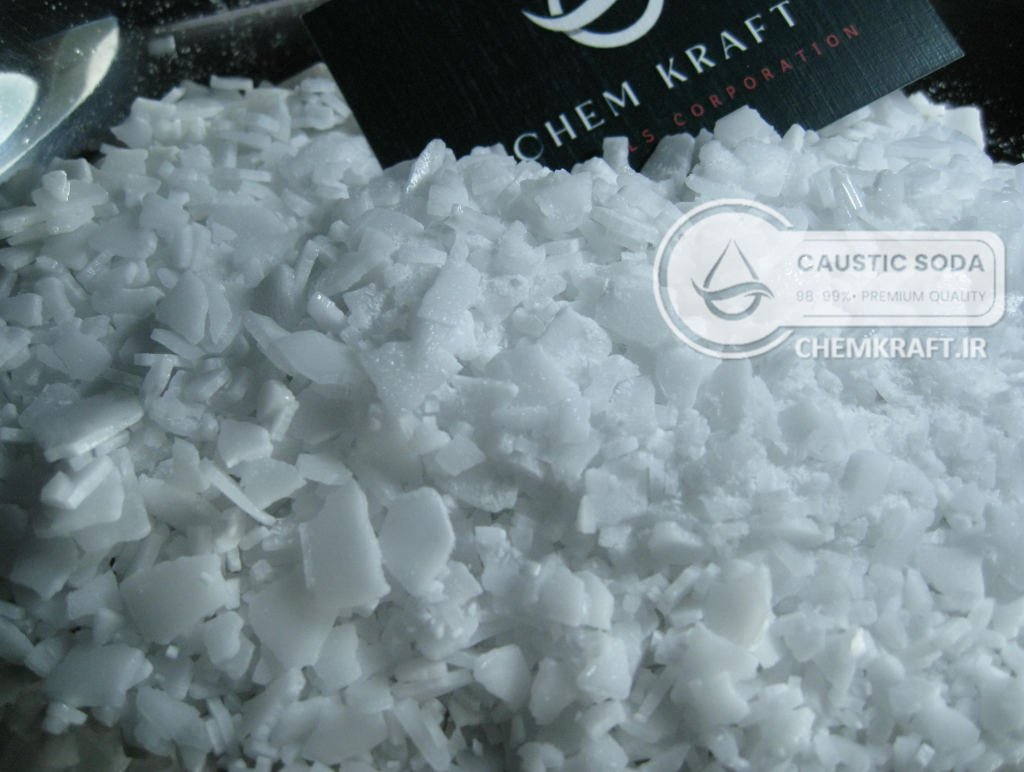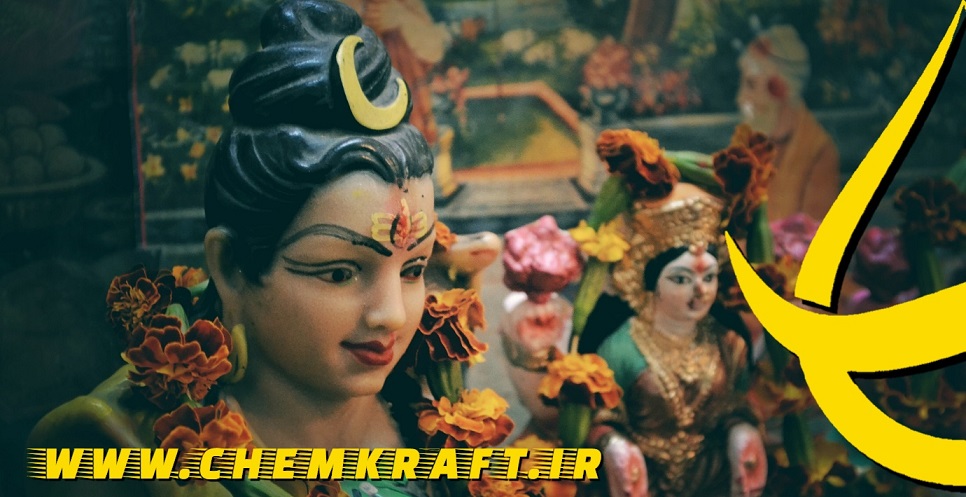Introduction
The chlorine and caustic soda industry in Iran is poised for transformative growth, and the creation of an industry association, inspired by the successes of the Association of Chlorine Manufacturers in India (AMAI), could be a catalyst for collaboration, policy advocacy, and sustainable development. In this article, we explore the lessons that Iranian producers can derive from AMAI’s achievements and present a set of guidelines for establishing a similar association.

1. Collaborative Networking:
- Point 1 AMAI has successfully created a collaborative platform, facilitating networking and knowledge exchange among industry players.
- Guideline for Iran: Prioritize the establishment of a collaborative space where Iranian producers can share insights, discuss challenges, and explore opportunities for cooperation.
Related Post: EUROCHLOR: UNITING THE EUROPEAN CHLORINE INDUSTRY FOR SUSTAINABLE GROWTH
2. Advocacy for Industry-Friendly Policies:
- Point 2: The association actively engages with policymakers to influence regulations that are favorable to the industry’s growth.
- Guideline for Iran: Formulate a robust advocacy strategy to engage with regulatory bodies and policymakers, ensuring that policies support the interests of chlorine and caustic soda producers in Iran.
3. Safety and Environmental Standards:
- Point 3: AMAI places a strong emphasis on safety and adherence to environmental standards, contributing to responsible industry practices.
- Guideline for Iran: Prioritize safety and environmental sustainability, establishing industry-wide standards that align with global norms and regulations.
4. Training and Skill Development:
- Point 4: AMAI invests in training programs to enhance the capabilities of its members’ workforce.
- Guideline for Iran: Develop training initiatives that focus on skill development, ensuring that the industry’s workforce stays abreast of the latest technologies and best practices.
5. Community Engagement:
- Point 5: The association actively engages with its members, fostering a sense of community and shared purpose.
- Guideline for Iran: Create a strong sense of community among Iranian producers, encouraging active participation and collaboration to address common challenges.
6. Platform for Knowledge Exchange:
- Point 6: AMAI organizes seminars, workshops, and conferences to facilitate knowledge exchange within the industry.
- Guideline for Iran: Establish a regular calendar of events for knowledge-sharing, providing a platform for Iranian producers to learn from each other and industry experts.
7. Leveraging Global Best Practices:
- Point 7: The association leverages global best practices to enhance the efficiency and sustainability of the industry.
- Guideline for Iran: Learn from global best practices and implement strategies that align with international standards, ensuring competitiveness on a global scale.
8. Establishing a Code of Conduct:
- Point 8: AMAI sets standards for responsible manufacturing, fostering ethical practices within the industry.
- Guideline for Iran: Develop a comprehensive code of conduct that outlines ethical standards, promoting responsible manufacturing and business practices.
Conclusion:
As Iranian producers consider the establishment of an industry association, the lessons learned from AMAI’s experiences can serve as a valuable guide. By adhering to these guidelines, Iranian producers can lay the foundation for a collaborative and responsible industry association, driving growth, innovation, and sustainability within the chlorine and caustic soda sector in Iran. As industry players unite under a shared vision, the collective impact can shape a resilient and thriving future for the Iranian chemical manufacturing landscape.











